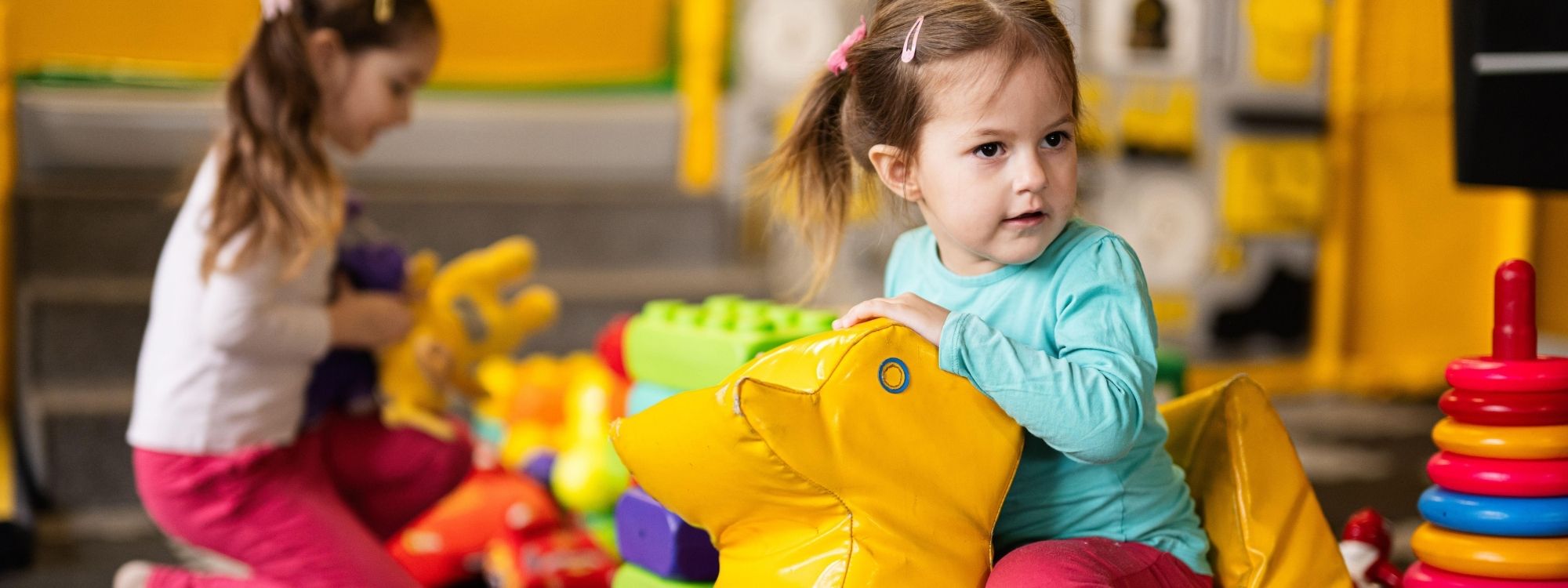When parents worry about their child’s developmental history, behavior, or learning progress, it can be difficult to know where to turn. Some children may miss important developmental milestones, experience challenges with language skills, or display behaviors that affect school and daily life. These concerns often lead parents to wonder whether their child may have autism spectrum disorder, a learning disability, or another developmental condition. For families in Connecticut, Massachusetts, and Colorado, a diagnostic evaluation for your child offers the clarity needed to understand strengths, challenges, and the best path forward.
Unlike a simple screening, a diagnostic evaluation is a structured, in-depth process that uses standardized assessments, parent interviews, and professional observations to gain a complete picture of a child’s development. It examines communication skills, social interaction, motor abilities, and emotional regulation through questionnaires . The results provide valuable insight that helps families and professionals determine a diagnosis, guide treatment planning, and connect children with the right services.
At Champions ABA, we provide Diagnostic Evaluation Services designed to give families answers they can trust. Our evaluations are comprehensive, family-focused, and carried out by experienced professionals who specialize in autism and developmental delays. From the first appointment to the final feedback session, we support parents through each step, ensuring every child receives the individualized care they need.
What Is a Diagnostic Evaluation for Your Child?
A diagnostic evaluation is a comprehensive assessment that identifies developmental delays, behavioral concerns, or conditions like autism spectrum disorder. Unlike screenings, which provide a broad overview, diagnostic evaluations are considered the gold standard as they use formal testing, observations, and interviews to paint a complete picture of a child’s development.
During the diagnostic evaluation process, professionals gather information about a child’s strengths, weaknesses, and learning style. This includes looking at specific areas such as communication skills, language development, social behaviors, emotional regulation, and motor abilities. The results allow parents and providers to determine whether a child meets criteria for a diagnosis and what services would be most beneficial.
Diagnostic evaluations are critical because they provide a baseline for treatment. For families in Stamford, Hartford, Denver, and Boston-area communities, this evaluation often becomes the key to accessing services like applied behavior analysis (ABA), speech therapy, occupational therapy, or school-based supports.
Why a Diagnostic Evaluation Is Important for Children
A diagnostic evaluation is one of the most valuable tools parents can use to understand their child’s needs. Early and accurate diagnosis has been shown to improve long-term outcomes for most children, particularly for those with autism spectrum disorder and other developmental disabilities.
Some of the main reasons diagnostic evaluations matter include:
- Early intervention: Identifying delays or disorders at a young age allows children to begin treatment sooner, improving language, behavior, and social skills.
- Eligibility for services: Many therapies, such as ABA, require an official diagnosis to begin treatment. School systems may also require diagnostic documentation to provide individualized education plans (IEPs).
- Personalized treatment planning: An evaluation provides detailed insights into a child’s abilities, making it easier to create individualized goals for therapy.
- Reducing family stress: Parents gain clear answers, which can reduce uncertainty and anxiety while giving them a roadmap for support.
At Champions ABA, diagnostic evaluations are more than labels. They are the starting point for building personalized therapy programs that meet each child where they are.
Who Conducts a Diagnostic Evaluation for Your Child?
A diagnostic evaluation can involve multiple professionals depending on the child’s needs. Evaluations may be conducted by clinical psychologists, developmental pediatricians, psychiatrists, speech-language pathologists, or specialists in adolescents. In many cases, a multidisciplinary team is involved to provide a comprehensive understanding of the child’s development.
At Champions ABA, diagnostic evaluations are guided by experienced evaluators and board-certified behavior analysts (BCBAs). Their role is to ensure that the evaluation captures not only diagnostic criteria but also the practical information needed to create meaningful therapy goals. By combining the expertise of evaluators with ABA professionals, families receive both diagnostic clarity and a treatment pathway.
What to Expect in a Diagnostic Evaluation
Parents often want to know what the evaluation process looks like from start to finish. While each evaluation is tailored to the child’s age and concerns, most follow a structured process:
| Step | What Happens | Who’s Involved | Timeframe |
|---|---|---|---|
| Intake | Parents share history, concerns, and developmental milestones | Parent, evaluator | 1–2 hours |
| Testing | Standardized assessments for communication, behavior, and cognitive skills | Child, evaluator | 2–4 hours |
| Observation | The evaluator watches the child’s behavior, play, and interaction | Child, evaluator | Same day |
| Records Review | School reports, medical history, and past evaluations are reviewed | Evaluator | Ongoing |
| Feedback Session | Parents receive results, diagnoses, and recommendations | Parent, evaluator | 1 hour |
The evaluation process is thorough but supportive. The child’s parents are active participants, providing critical information about their child’s strengths and challenges. The final feedback meeting gives families not only the diagnosis but also actionable recommendations for therapies and services.
Preparing for Your Child’s Diagnostic Evaluation
Parents can play an important role in making sure the evaluation process goes smoothly. Preparation ensures evaluators have the most accurate and complete information about a child’s history and current needs.
Ways to prepare include:
- Gathering documents: Bring school reports, IEPs, past evaluations, and medical records.
- Logging observations: Note examples of behaviors, concerns, or challenges in daily life.
- Preparing questions: Write down questions you want answered during the feedback meeting.
- Talking to your child: Use simple, reassuring language to explain that they will be meeting someone who wants to learn about how they play and learn.
Parents in Connecticut, Massachusetts, and Colorado often find that preparing ahead reduces anxiety and makes the process smoother for both the child and family.
After the Diagnostic Evaluation: Next Steps
Once the evaluation is complete, parents receive a written report and a feedback session that outlines findings and recommendations. This may include diagnoses, identification of developmental delays, and detailed guidance on therapies or services.
For many families, the next steps may involve:
- Beginning ABA therapy for autism spectrum disorder.
- Adding speech or occupational therapy to address communication or motor skills.
- Working with schools to establish or update an IEP.
- Scheduling follow-up evaluations to track progress over time.
At Champions ABA, we help families transition from diagnosis to action. Our team builds therapy plans directly from evaluation results, ensuring that every recommendation is practical and measurable.
Conclusion
A diagnostic evaluation for your child, using various diagnostic instruments, provides valuable insight into their development, behavior, and learning needs. It is the first step toward identifying challenges, unlocking access to services, and creating an effective treatment plan. Families in Connecticut, Massachusetts, and Colorado can rely on Champions ABA for thorough, family-centered evaluations that lead directly to personalized support.
At Champions ABA, we provide diagnostic evaluations that give families clear answers and a roadmap for support. By combining professional expertise with compassionate care, including psychological evaluations, our team helps children in Connecticut, Massachusetts, and Colorado access the services they need to grow and succeed. Contact Champions ABA today to schedule a diagnostic evaluation and take the first step toward clarity and a personalized plan for your child.
FAQs
What are examples of diagnostic assessment?
Examples include developmental evaluations, autism diagnostic observation schedules (ADOS), psychological testing, and language or speech evaluations. These assessments identify a child’s strengths and challenges across different areas of development.
What are the diagnostic tests for children?
Diagnostic tests vary but may include standardized tools like the ADOS-2 for autism, cognitive testing, language assessments, and behavioral checklists. Evaluators select tests based on the child’s age and areas of concern.
How to evaluate a child for learning disabilities?
A learning disability evaluation may involve cognitive testing, achievement tests, and classroom observations. The goal is to compare the child’s abilities with academic expectations. Schools often provide evaluations, but clinical evaluations can offer more detail.
What is a diagnostic evaluation?
A diagnostic evaluation is a comprehensive assessment that uses testing, observation, and parent input to determine if a child has developmental, behavioral, or learning challenges. It provides clarity for families and guides treatment planning.



